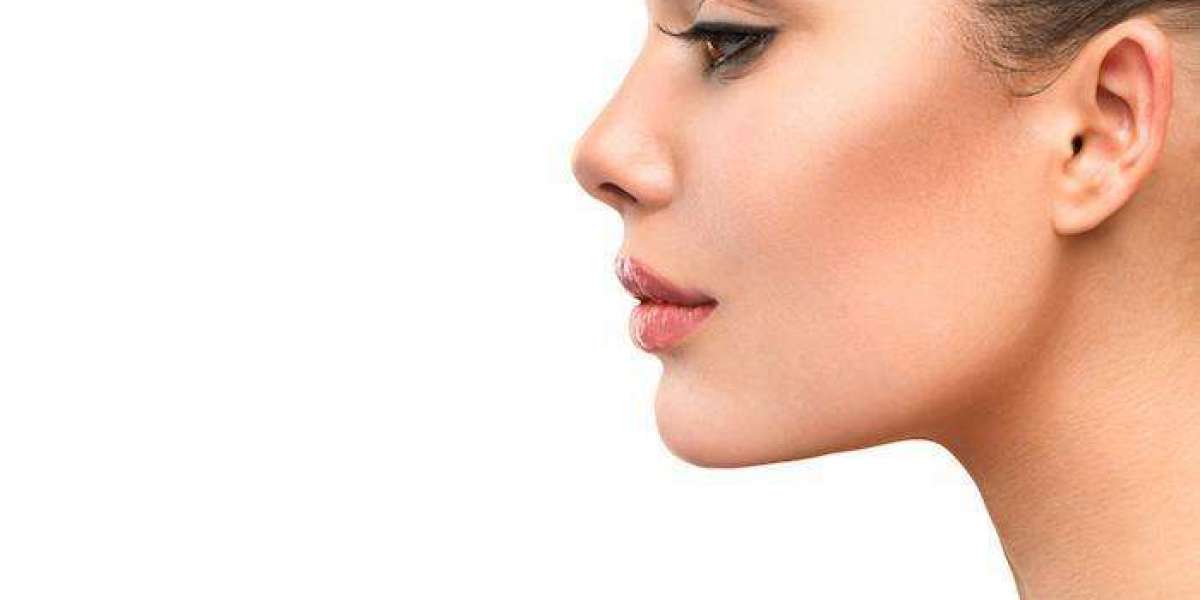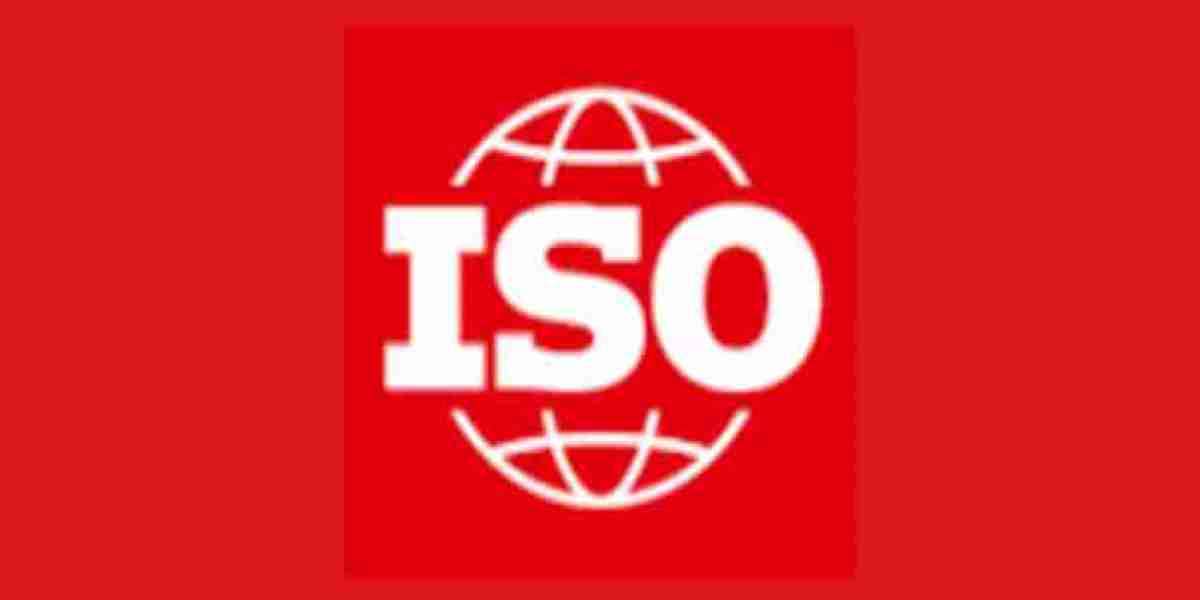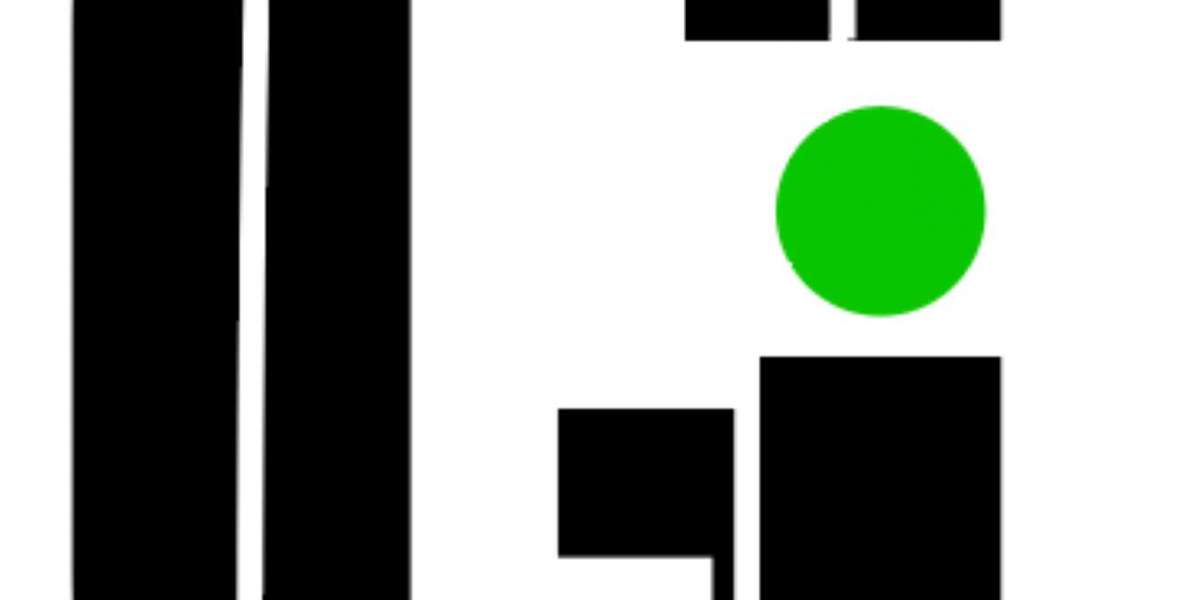Rhinoplasty surgery, commonly known as a nose job, is a highly sought-after cosmetic procedure designed to enhance the appearance and functionality of the nose. Whether you're considering rhinoplasty for aesthetic reasons, to correct breathing issues, or to address a deformity from an injury, understanding the intricacies of the procedure can help you make an informed decision.
What Is Rhinoplasty?
Rhinoplasty in Islamabad involves the surgical alteration of the nose’s structure to improve its shape, size, or function. It can address various concerns, from refining the nasal tip and reducing a bulbous nose to correcting asymmetry or a deviated septum. The surgery is performed under general anesthesia and typically takes between one to three hours.
Types of Rhinoplasty:
There are two primary techniques used in rhinoplasty: open and closed. Open rhinoplasty involves making a small incision across the columella, the strip of tissue between the nostrils, which allows the surgeon to lift the skin and access the underlying structures. This method provides a comprehensive view and greater control for complex cases.
Closed rhinoplasty, on the other hand, involves incisions made entirely inside the nostrils. This approach eliminates external scars but may be less suitable for extensive modifications. Your surgeon will determine the best technique based on your specific needs and goals.
The Procedure:
During rhinoplasty, the surgeon reshapes the nasal bones and cartilage to achieve the desired outcome. This may involve removing or adding tissue, adjusting the nasal framework, or correcting structural abnormalities. The procedure’s goal is to create a harmonious balance with the facial features while ensuring proper nasal function.
Recovery Process:
After rhinoplasty, patients can expect some swelling, bruising, and discomfort. A nasal splint or packing is often used to stabilize the nose during the initial healing phase. Most individuals can return to their normal activities within a week, but full recovery may take several months as the swelling subsides and the final shape of the nose becomes apparent.
Risks and Complications:
As with any surgical procedure, rhinoplasty carries risks. Potential complications include infection, bleeding, and adverse reactions to anesthesia. Some patients may also experience issues such as nasal obstruction or dissatisfaction with the cosmetic results. It’s essential to choose a board-certified plastic surgeon with experience in rhinoplasty to minimize these risks and achieve the best possible outcome.
Choosing the Right Surgeon:
Selecting a qualified and experienced surgeon is crucial for a successful rhinoplasty. Look for a board-certified plastic surgeon who specializes in nasal surgery and has a portfolio of before-and-after photos showcasing their work. During your consultation, discuss your goals and expectations in detail to ensure that you and your surgeon are aligned.
The Impact of Rhinoplasty:
Rhinoplasty can have a profound impact on both appearance and self-esteem. By addressing aesthetic concerns and functional issues, the procedure can improve facial harmony, enhance breathing, and boost confidence. Many patients find that their overall quality of life improves significantly following rhinoplasty.
Conclusion:
Rhinoplasty surgery offers the potential for transformative changes to the nose’s appearance and function. Understanding the procedure, recovery, and potential risks can help you make an informed choice. With the right surgeon and a clear understanding of your goals, rhinoplasty can provide lasting benefits and a renewed sense of self.
For more information visit Dynamic Clinic PK








